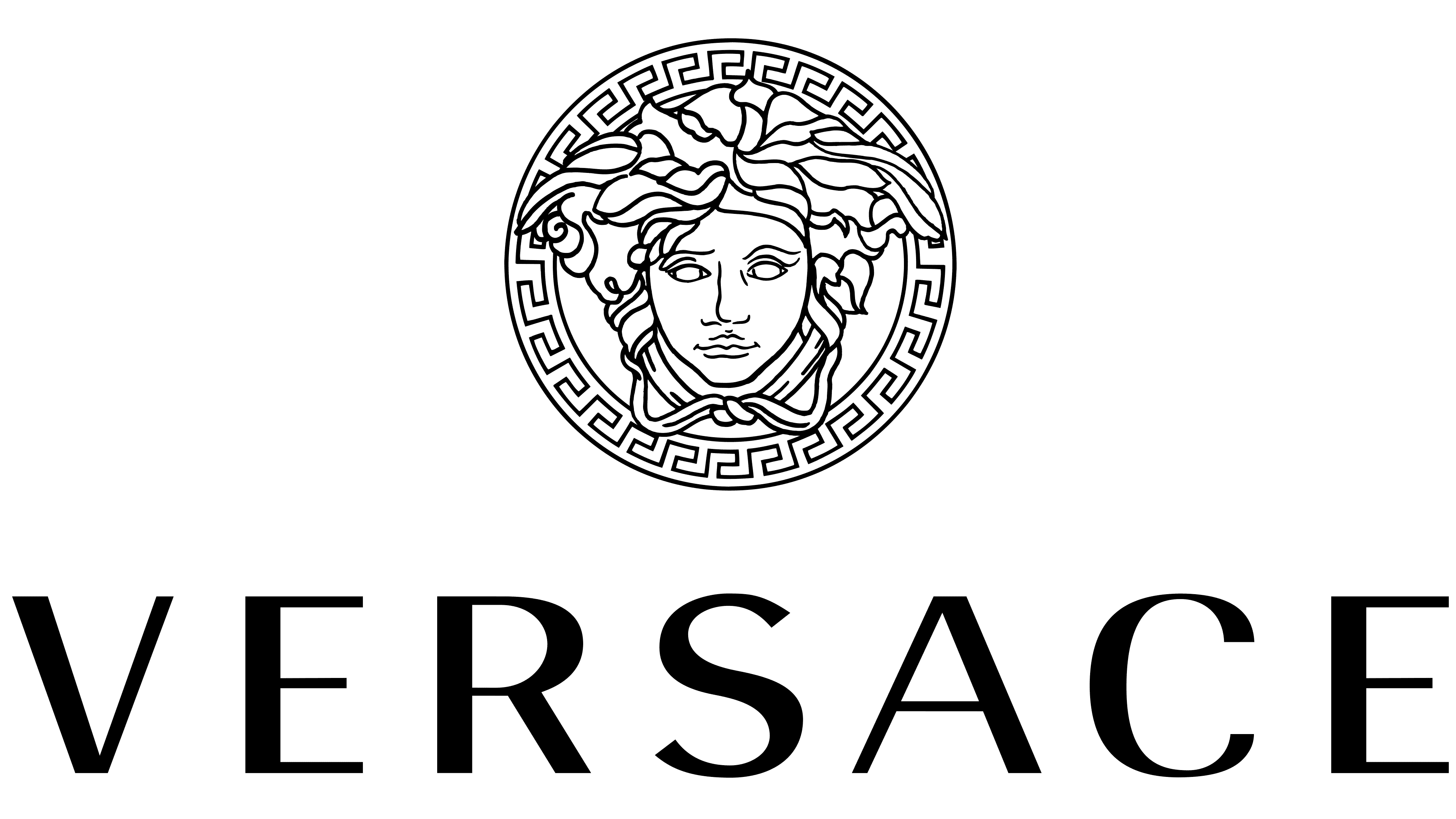
The meaning and symbolism of the word – «Pain» – Source weknowyourdreams.com
Unveiling The Meaning Of “Kapu” In The Tapestry Of Hawaiian Culture
The ancient Hawaiian concept of “kapu” is a complex and multifaceted one, deeply embedded in the fabric of the islands’ culture. Understanding this concept is crucial for appreciating the richness and depth of Hawaiian heritage.
Like many ancient cultures, Hawaiian society was governed by a set of strict rules and taboos known as kapu. These rules were designed to maintain social order, protect the environment, and ensure harmony with the sacred. Breaking kapu could result in severe consequences, including illness, misfortune, or even death.

Free Images : old, mural, temple, wat, travel, famous, art, thailand – Source pxhere.com
Kapu in Hawaiian Culture: A Personal Journey
As a native Hawaiian, I grew up with a deep respect for kapu. My grandmother would often remind me of the importance of following these rules, both for my safety and the well-being of the community. One particular incident left a lasting impression on me.
I was about ten years old when I went swimming in a nearby river. The river was known to be kapu, as it was believed to be the home of a powerful water goddess. Despite my grandmother’s warnings, I couldn’t resist the temptation to take a dip.
As soon as I stepped into the water, I felt a strange sensation. My body grew heavy, and I began to feel disoriented. Panic set in as I realized that I was being pulled down by an unseen force. I screamed for help, but no one heard me. Just when I thought I was going to drown, I suddenly felt a strong hand grabbing me and pulling me back to safety.

Unveiling the Best Fermented Foods for Boosting Brain Health – DigiKar – Source digikar.in
It was my grandmother who had come to my rescue. She had heard my cries and had risked her own life to save me. As she held me in her arms, she explained that I had broken kapu and that the water goddess had been angry with me.
That experience taught me the importance of respecting kapu and the consequences of breaking it. It also deepened my understanding of the interconnectedness of all things in Hawaiian culture and the importance of living in harmony with the land and the sacred.
History and Myth of Kapu
The origins of kapu can be traced back to ancient Polynesian beliefs. According to Hawaiian mythology, the concept of kapu was introduced by the gods, who used it to establish order and protect their power.
Kapu played a central role in Hawaiian society, regulating everything from daily activities to religious rituals. There were many different types of kapu, each with its own set of rules and consequences. For example, there were kapu on certain foods, places, and people. There were also kapu on fishing, farming, and other activities that could disturb the balance of nature.

semafor porucha Sázka versace symbol Arbitráž pan pondělí – Source www.debbieschlussel.com
Hidden Secrets of Kapu
Beyond its practical applications, kapu also had a deeper spiritual significance. It was believed that breaking kapu could have serious consequences not only for the individual but for the entire community. This belief was reinforced by the stories of legendary punishments that befell those who violated the sacred rules.
One such story tells of a chief who broke kapu by eating forbidden fruit. As punishment, he was transformed into a pig and banished to live in the forest. Another story tells of a group of fishermen who broke kapu by fishing in a sacred area. They were caught in a storm and drowned.
These stories served as cautionary tales, reminding people of the importance of obeying kapu and the dangers of disrespecting the sacred.
Recommendations for Respecting Kapu
Today, kapu is still an important part of Hawaiian culture. While many of the old taboos have been relaxed, there are still certain places and activities that are considered kapu.
If you are visiting Hawaii, it is important to be respectful of kapu. This means avoiding entering certain areas, such as sacred temples or burial grounds. It also means being mindful of your actions and avoiding activities that could be considered disrespectful.

Anna Zariņa. Salaspils Laukskolas kapulauks. 10.-13. gadsimts. 373. lpp – Source www.pinterest.co.kr
Be aware of your surroundings
Before you visit a place in Hawaii, do some research to learn about any kapu that may be in place.
Respect nature
The Hawaiian islands are home to a variety of sacred plants and animals. Do not disturb or damage these creatures, and be respectful of the environment.
Be mindful of your actions
Avoid activities that could be considered disrespectful, such as loud noise, littering, or taking pictures in certain areas.
Tips for Unveiling The Meaning Of “Kapu” In The Tapestry Of Hawaiian Culture
If you are interested in learning more about kapu, there are several ways to do so.
By following these tips, you can gain a deeper understanding of kapu and its significance in Hawaiian culture.
Fun Facts About Kapu

MSI Global – The Leading Brand in High-end Gaming & Professional – Source www.msi.com
Conclusion of Unveiling The Meaning Of “Kapu” In The Tapestry Of Hawaiian Culture
Kapu is a complex and multifaceted concept that has played a central role in Hawaiian culture for centuries. By understanding this concept, we can gain a deeper appreciation for the richness and depth of Hawaiian heritage and the importance of respecting the sacred.



